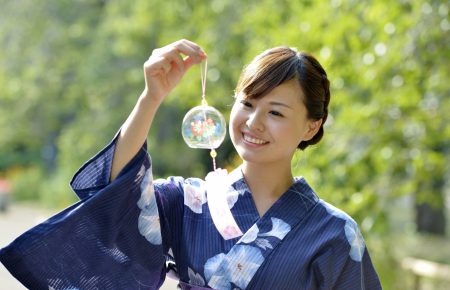Recently, you have more opportunities to use English in Japan. Even during elementary school classes, ESL teachers and others visit the school, and there is now a time when students can learn authentic English conversation. However, while English education in the younger generation is developing, some people have felt that they do not understand what they are saying when they go abroad, and that they do not understand the English they have learned. Isn’t it? I studied in Canada when I was in high school and had the opportunity to interact with various native English. Today, I would like to introduce the English that is used locally, which is hard to learn at school.
Can you do me a favor?

May I ask you for a request?
One of the most frequently asked questions in the field is “Can you do me a favor?”. This is an expression that can be used when making a request to someone, and by incorporating the word favorite (kind favor, wish), “Are you listening to my wish? = Can you ask me?” It means to say.
For example, when you are sitting and moving and you want your friends and family to get water from the refrigerator, say “ Can you do me a favor and grab me the bottle of water from the fridge please? (Would you take water from the fridge?)
In Japan, we often learn Will you… ?, Would you…?
In English education in Japan, you often learn questions like Will you…? Or Would you…? Of course, there is no problem using them.
However, before using Will you…? Or Would you… ?, put “Can you do me a favor?”, For example, “Can you do me a favor? Would you get me a towel, please? Can you give me a little politeness? You can give a softer image by prepending.
Can I get you to do something?

May I ask you?
This expression is very similar to Can you do me a favor ?, but Can I get you to do something?
More casual expression
Rather, Can I get you to do something? Is more casual than Can you do me a favor? And can be used by close friends and family. However, because there is a nuance that gives instructions from above the favorite, using this expression for people who are not familiar or unfamiliar may sound humorous. For this reason, do not use it in the workplace.
Do you mind if…?

Can I do it?
This is an expression that can be used when someone asks “Is it OK to do it?”, But literally it is “Do you care about it?” For example, when you forget your pen and come to school, you can ask your friends “Do you mind if I use your pen?”
Note the answer
The English text itself is not difficult, but you need to be careful how you answer this question. If you say “It’s okay”, say No, if it’s “No”, say Yes. Because it is an expression “Do you mind if …?”, “No, I do n’t care” is No, “No, I care” is Yes.
Importance of living English

As you can see, there are many English / expression sentences used by local native speakers that are rarely learned in Japanese schools, and there are English that cannot be learned unless you actually go to an English-speaking region. By studying English / words like this, you will be able to feel more familiar with the “living English” that is used locally, rather than the textbook English you learn in Japan. If you take the English spoken today into your conversation, you will definitely be able to get a glance from the surroundings, “Oh, this person can speak English!”











































Leave a Reply